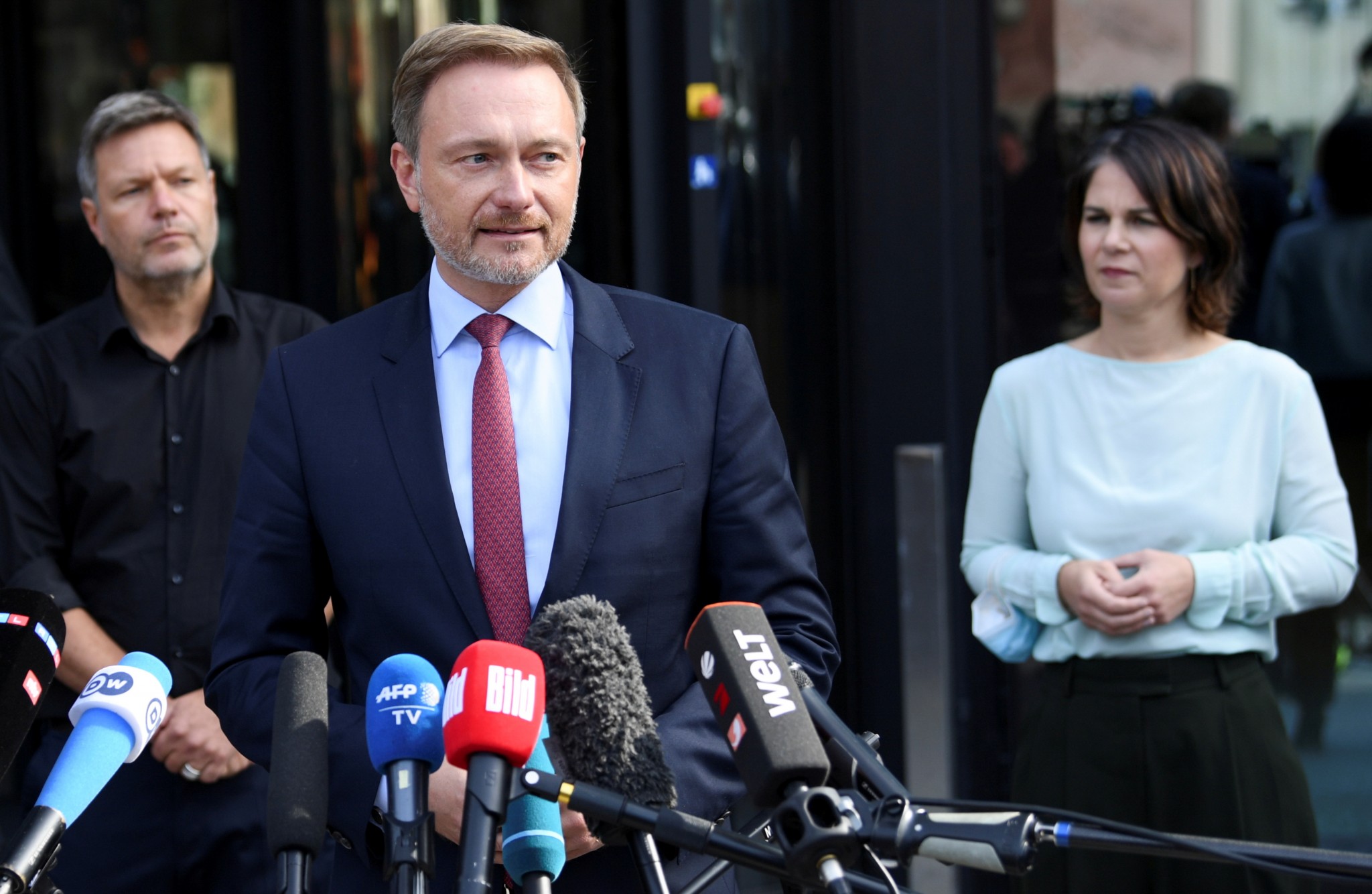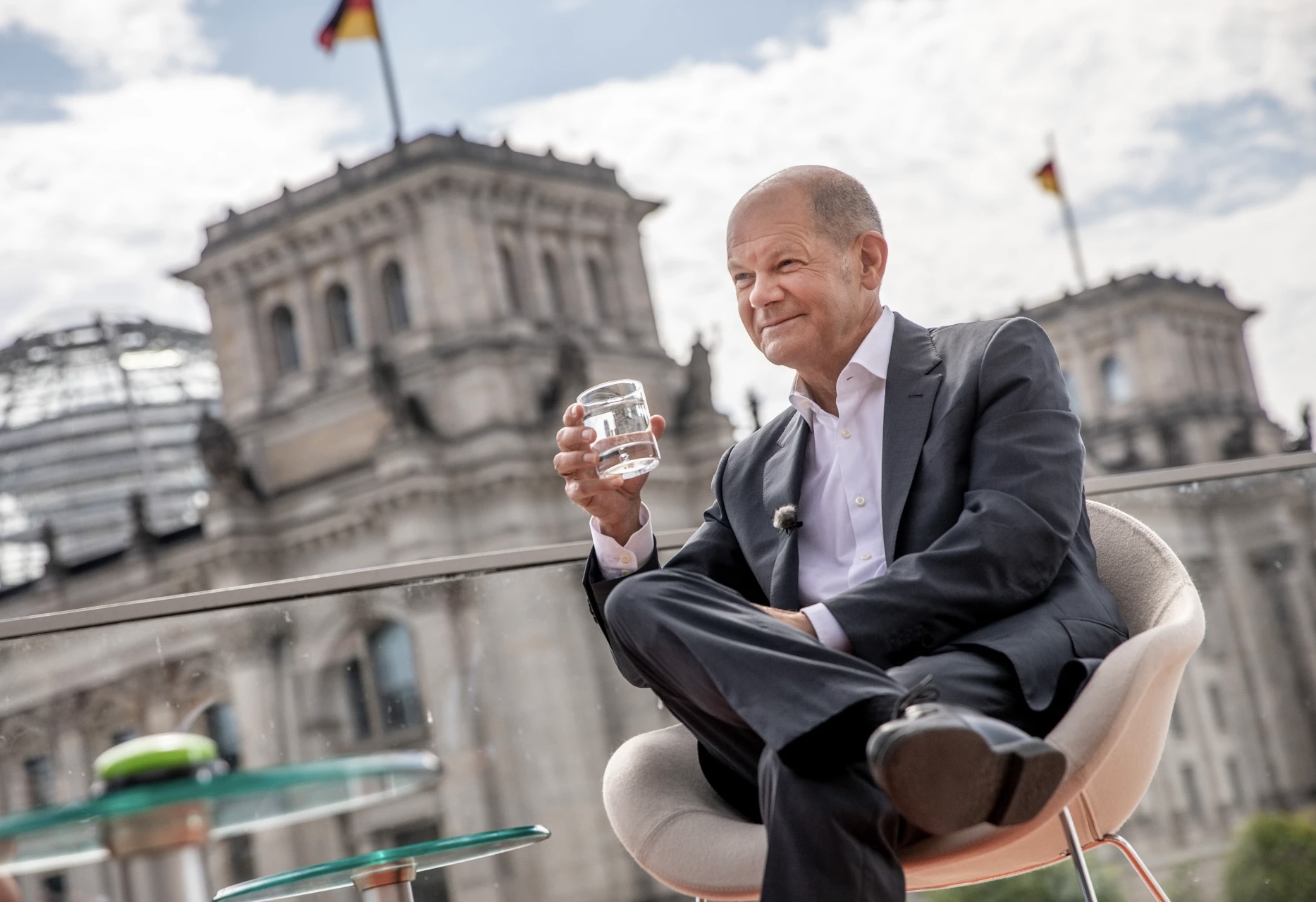German Election Results Likely Mean Social Democrat-Led Coalition
Michael Morano
International News Writer
Former German minister of Finance Olaf Scholz is likely to be the next German Chancellor after this year’s election in Germany, marking an end to Angela Merkel’s 16 year run as Chancellor.
Scholz and his party, the center-left Social Democrats (S.P.D.), emerged victorious in the Sep. 26 election, winning 25.7% of the total vote, compared to 24.1% for Merkel’s party, the conservative Christian Democratic Union (C.D.U.), which suffered the worst defeat for the party since its founding in the years after World War II. Merkel, however, opted not to run for reelection, marking the first time a sitting chancellor has done so in the postwar era.
The German voting system is broken down into two main votes. The first is used to elect 299 local representatives for the country’s constituencies. The second vote is for the country’s political parties directly. This is used to determine the amount of seats each party receives in the country’s federal parliament, or Bundestag. Scholz and the S.P.D. secured votes in the northern, eastern, and central areas of Germany, while the C.D.U. held the southern and western areas, with the exceptions of a few major cities such as Munich, Stuttgart, and Cologne.
Scholz’s campaign was focused on raising the minimum wage, strengthening German industry, and efforts to fighting climate change. Despite his win, he is not yet completely guaranteed of becoming the new chancellor. With his conservative rival Armin Laschet continuing to say that he will form the next government, both the S.P.D. and C.D.U. are now at the mercy of two smaller parties who hold a significant amount of power in deciding the next leader of Germany: the progressive Greens and pro-business Free Democrats. When combined, both of these parties are stronger than either of the two main parties. This is significant because both parties will become a smaller part of the next chancellor’s administration.

Scholz will also have to deal with political coalitions that could either give him a boost or set him back. Other political parties in Germany, including the Greens and Free Democrats, will have to “team up” with either the S.P.D. or C.D.U. to decide who the next chancellor of Germany will be. The two main parties will have to unite with smaller parties in order to have the majority necessary to form a government. This is how the C.D.U.’s Armin Laschet could, in theory, be a step ahead of Scholz and become chancellor. While the initial election has been decided, the race is not over for deciding the new leader of Europe’s largest economy.
Contact Michael at michael.morano1@student.shu.edu

